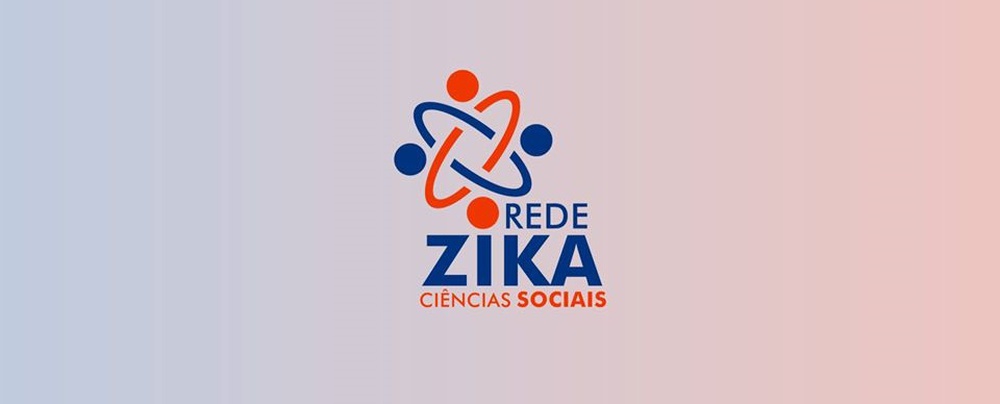
To enable its activities, the Zika Social Sciences Network applies for grants, always considering the social aspect of the epidemic.
It has already received funds from the following projects and institutions.
- Newton Fund (2016):
- Acting in an uncertain world: mapping public health responses to the Zika epidemic in Brazil (coordinated by Gustavo Matta /Fiocruz and Javier Lezaun/Oxford University)
- Women’s social movements and the response to Zika and microcephaly in Brazil: addressing neglect through community-centred approaches (Coordinated by Denise Pimenta/Fiocruz and João Nunes/University of York
- Supporting health professionals to provide care to families of children with congenital syndromes related to Zika virus in Brazil (Coordinated by Luciana Sepulveda Koptcke / Fundação Oswaldo Cruz - DF and Hannah Kuper / London School of Hygiene & Tropical Medicine)
-
ZIKAlliance (2017):
A Global Alliance for Zika Virus Control and Prevention Coordination of Social Sciences Workpackage - Nisia Trindade Lima, Gustavo Matta (Fiocruz) e Jocelyn Raude (Inserm).
Working in four different tasks:
- the socio-historical dimension of the epidemic;
- scientific production, media and public controversies;
- health promotion in the context of the epidemic;
- repercussions of the Zika epidemic on the Brazilian health system.
- Oxford University:
- InSIS - Institute for Science, Innovation and Society
- The Global Health Network
-
Wellcome Trust (2016/2018): Global Health, Zika and the implications on children and families, a partnership between London School of Hygiene and Tropical Medicine and Aggeu Magalhães Instituto - Fiocruz PE.
Funding: WT/ Zika Plan/ Newton Fund -
Graduate Institute of International and development studies: Understanding the norms and practices of pathogen- and benefit-sharing to improve global health security.
-
World Health Organization: Risk communication in the time of ZIKV: A multi-country exploration of women’s values and preferences for learning their ZIKV infection status and the probability of adverse pregnancy, infant, and child outcomes.